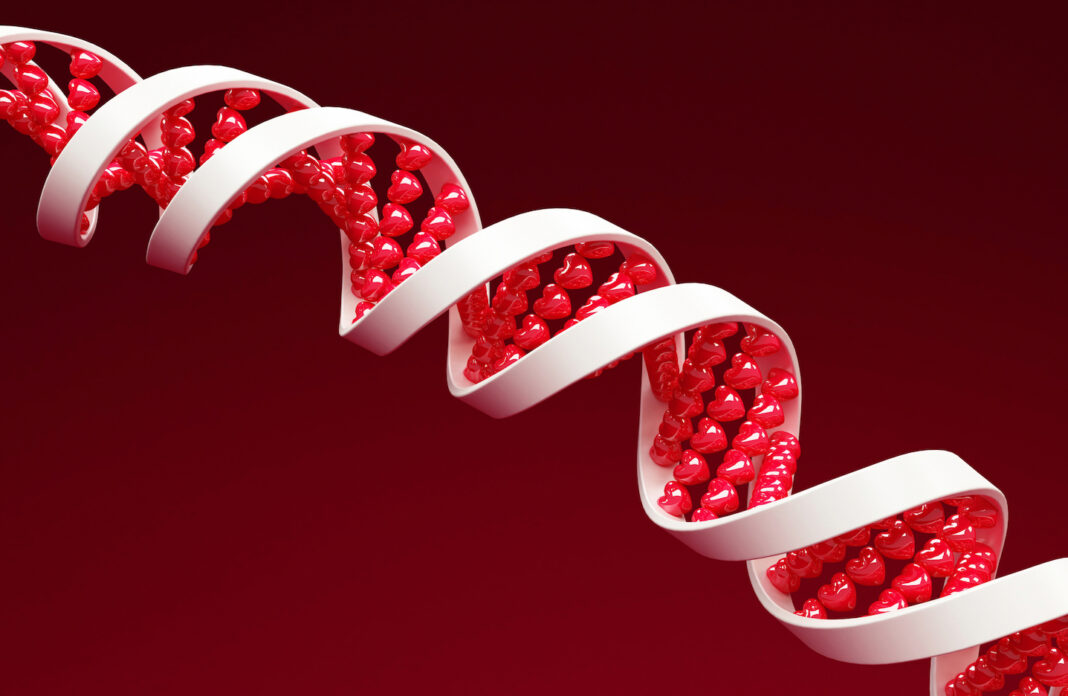
A collaboration between researchers at New York University’s Grossman School of Medicine and Rocket Pharmaceuticals has produced preclinical evidence that gene replacement therapy successfully halts the progression of a potentially fatal heart disease.
The study, led by co-first authors Chantal J.M. van Opbergen and Bitha Narayanan, suggests that AAV-based gene therapy may help people with arrhythmogenic right ventricular cardiomyopathy (ARVC). Individuals with this progressive cardiac condition, which typically manifests between the ages of 20 and 40, are at high risk of developing potentially fatal arrhythmias. This research paves the way for the future use of gene therapy on a specific group of human patients who could benefit from this approach.
The research paper, “AAV-Mediated Delivery of Plakophilin-2a Arrests Progression of Arrhythmogenic Right Ventricular Cardiomyopathy in Murine Hearts: Preclinical Evidence Supporting Gene Therapy in Humans” was published in Circulation: Genomic and Precision Medicine.
AAV-mediated delivery of PKP2
Van Opbergen, Narayanan, and colleagues used an experimental approach to restore the function of plakophilin-2 (PKP2), a gene found primarily in the heart’s muscular wall and responsible for desmosomes that are essential for cell adhesion. Pathogenic variants in the PKP2 gene are the leading cause of gene-positive ARVC in humans.
ARVC is classified as arrhythmogenic cardiomyopathy (ACM), and pathogenic variants in PKP2 account for 20–45% of all ACM cases, with a prevalence estimated to be between 1:1000 and 1:5000 in Europe and North America. While conventional heart failure therapies can be used to treat ARVC, they frequently fail to stop disease progression, and the heart progresses to end-stage failure, leaving cardiac transplantation as the only way to avoid death.
The current study sought to determine whether AAV-mediated delivery of PKP2a in a mouse model of disease can stop the progression of the arrhythmia burden and cardiomyopathy components of the disease while significantly increasing survival. The study assessed the safety and efficacy of delivering the human PKP2 gene into mice with ACM caused by loss of expression of the native PKP2 gene.
These proof-of-principle preclinical studies demonstrated that a single intravenous injection of AAVrh.74-PKP2a delivering the PKP2 gene causes PKP2 production and proper localization in adult cardiac myocytes, halts disease progression, and dramatically shifts survival from 100% lethality to 100% survival in the treated population.
These findings show that PKP2 gene therapy can significantly improve clinical outcomes in an animal model of ARVC, paving the way for cautious research into the utility of PKP2-based gene therapy for human patients suffering from ARVC caused by PKP2 deficiency. While the treatment was well tolerated and effective in the experimental model, additional data from extensive preclinical safety studies are required to ensure safe and successful implementation in treating patients in need.